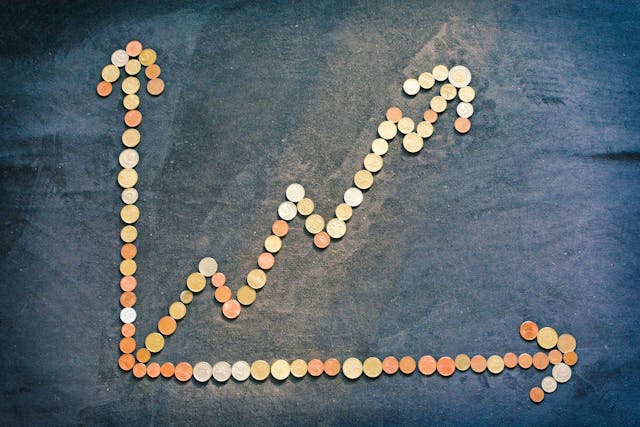Let’s examine the Canadian tax refund. With the help of a Certified Financial Planner (CFP), we’ll also explore how to secure your refund, the typical timeframe for receiving it and some smart strategies for spending it to build long-term wealth and stability.
What is a tax refund?
Every year, your employer estimates tax deductions from your pay. You’ll see that withheld from your paycheques and on your T4 slip. It approximates what your tax plan is going to be and withholds that amount from your pay throughout the year. Because it doesn’t know the credits and deductions you’re entitled to (registered retirement savings plan [RRSP] contributions and student loan interest, for example), you may pay more tax than you need to. Then you’ll receive a tax refund the following tax season.
So, no, a tax refund is not “free” money. “It’s more that you’re giving the government an interest-free loan throughout the year, actually,” explains Ayana Forward, a fee-only certified financial planner and founder of Retirement in View.
Forward explains that you can request that your employer withhold less tax by filling out a T1213 form, but few do. It could be because most people look at their Canada Revenue Agency (CRA) tax refund as a form of forced savings. “You’re likely to be more careful with a lump sum in terms of a refund than an extra $50 per pay period that you could just be spending on coffees and not thinking about it. If you get this big chunk of money, you’re more likely to think about how you’re going to use it wisely,” she says.
How do you get a tax refund, and how long does it take?
You can expect your return within two weeks and eight weeks when you file a paper return, as long as you file on time, according to the government. Non-residents, though, can expect a longer wait time of 16 weeks. (Check out: “Earning, saving and spending money in Canada: A guide for new immigrants.”)
“In terms of speed, direct deposit is the fastest,” says Forward. “That way, you’re not waiting for a cheque to come in the mail.”
Know, though, that delays are possible. Tax refunds are subject to pre-assessments—the government requests receipts before assessing and processing refunds, says Forward.
But when you do receive your refund, here are…




















Discussion about this post